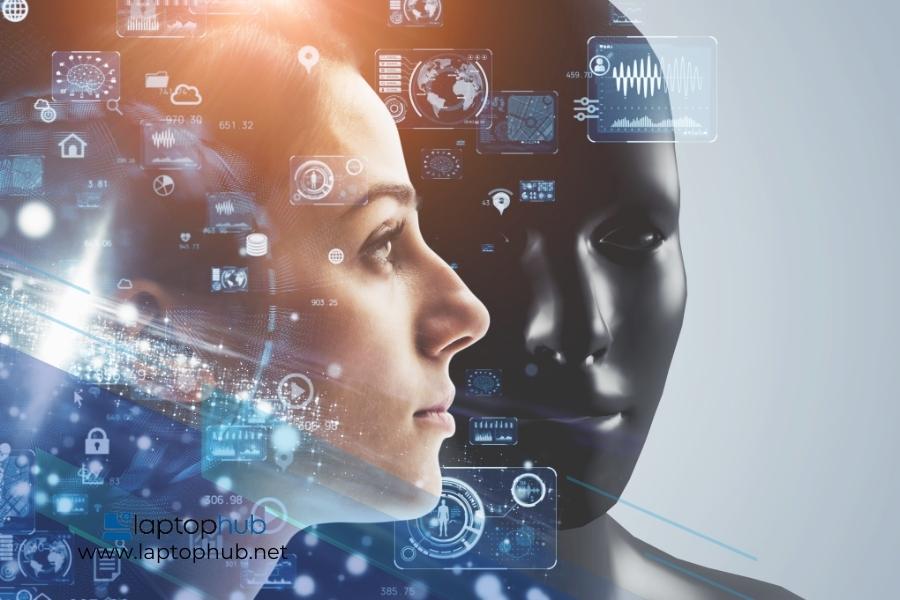Robotics and other forms of automated technology are revolutionizing several sectors in today’s fast-paced technological environment. AI-enabled machines are revolutionizing industries as diverse as manufacturing and medicine. In this piece, we explore the far-reaching effects of robotics and automation, focusing on how they have reshaped several industries and propelled us into a future with unimaginable potential.
Streamlining Manufacturing Processes
The manufacturing industry has advanced significantly as a result of automation. Robotic arms that can do precise and consistent work are now standard on assembly lines. The outcome is faster production and fewer mistakes, which improves the quality of the final product. Machines using artificial intelligence can analyze data in real time, allowing for predictive maintenance and avoiding expensive downtime.
Enhancing Healthcare Delivery
The introduction of robots and other forms of automation technologies has led to revolutionary improvements in medical care. It’s possible that AI-driven diagnostic systems can analyze medical photos and spot patterns that even the most seasoned doctors would miss.
Transforming Agriculture
By keeping an eye on crop health, pinpointing pest infestations, and figuring out how to make the most of limited resources, drones equipped with AI can increase harvests and reduce environmental impact.
Revolutionizing Transportation
A new era in transportation is here, and it’s all thanks to AI-powered machines. Improvements in traffic flow are one of the main foci of this area of research. The powerful sensors and algorithms used by autonomous vehicles have drastically decreased the number of accidents involving these vehicles.
Innovating Customer Service
Robots and automation are useful in many fields, including customer service. Artificial intelligence-driven chatbots are always on hand to assist clients with any questions or problems they may have. This improves the experience for the consumer and frees up human employees to deal with more intricate issues.
Overcoming Challenges
It’s a worry that robots will replace human workers in some occupations. A competent workforce that can adjust to new circumstances will be possible thanks to the new opportunities presented by this change.
Frequently Asked Questions
How are AI-powered machines changing industries?
Processes are becoming more streamlined, accuracy is increasing, and new avenues for innovation are opening up thanks to AI-powered robots.
What role do robotics and automation play in manufacturing?
Robotics and automation in manufacturing improve efficiency, cut down on mistakes, and pave the way for predictive upkeep by analyzing data in real time.
Are there ethical concerns surrounding AI-powered machines?
There are moral worries, such as the loss of jobs. However, they also encourage us to learn something new and look into untried avenues of improvement.
Can AI-powered machines replace human creativity?
AI has its place in data processing, but where original thought, critical analysis, and compassion are required, it will always be human beings who have the upper hand.
How can individuals prepare for a future driven by AI-powered machines?
Individuals can get ready by keeping abreast of technology developments and learning AI-complementary abilities like problem solving, adaptability, and creativity.
Final Words
Industry is being propelled to new heights by AI-enhanced devices in the rapidly developing field of robotics and automation. The intersection of technology and innovation is molding the world in which we live, from the realms of manufacturing and healthcare to others. As we navigate this transformative journey, embracing the potential of AI-powered machines can lead us to a future marked by efficiency, creativity, and progress.
